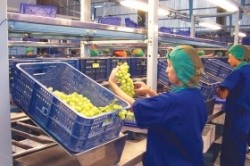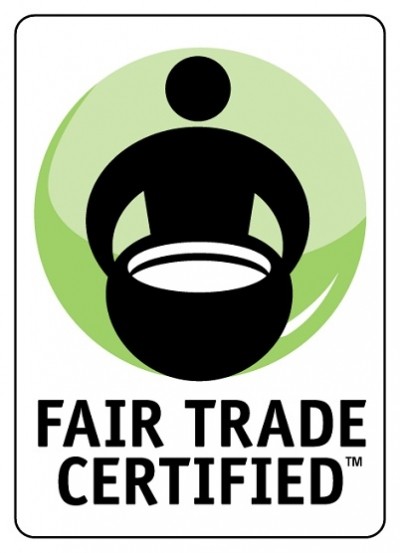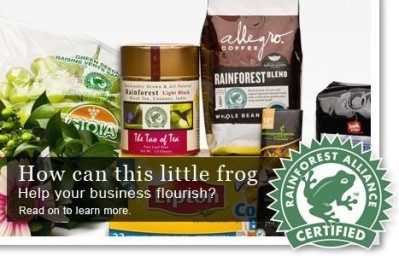Online ethical data platform Sedex sees surge in membership as big boys get on board

Sedex, which was launched in 2004, was initially used by UK retailers to help them manage first-tier suppliers’ data on labor standards, sustainability, health and safety and business ethics.
Labor standards, sustainability, health and safety and business ethics
However, it has since evolved into a global platform used by multinational branded manufacturers such as Nestle, PepsiCo, Kraft, Hershey and Unilever to manage data - and risk- in their supply chains, general manager Carmel Giblin told FoodNavigator-USA.
“Initially, it was a practical tool enabling suppliers to share data with multiple customers without having to fill in 10 different questionnaires asking for the same data in 10 different ways. They could also upload information about Fair Trade and Marine Stewardship Council certifications and so on.
“But over time it has evolved and members are using it to assess risk in their supply chains, look at issues such as continuity of supply, compare suppliers and track progress on issues such as child labor or sustainable palm oil.”
NYC office
Since its inception in 2004, Sedex has grown dramatically, with more than 1,000 organizations joining in the past month alone and offices in London, Shanghai and New York, she added.
“We recently opened our first US office in New York City and we’re aggressively growing our business in North America as well as in emerging markets.”
She added: “Around 38% of our members are now in China and they have a good understanding of what western buyers are looking for.
“However, as the domestic market in China grows, the influence of western buyers may be reduced, as Chinese buyers are more concerned about safety than labor standards and sustainability right now.”
You can’t manage what you don’t know
While simply being a member of Sedex doesn’t make you an ethical business, it does mean that you are thinking in a more systematic way about who you are buying your products from, and how and where they are produced, says Giblin.
“You can’t manage what you don’t know. Being involved with Sedex provides real daylight on issues such as labor standards and sustainability and lets you compare suppliers and identify possible risks in your supply chain.”
Similarly, for suppliers that want to trade with manufacturers or retailers on Sedex, questionnaires they are required to fill in give them a clearer understanding of what customers are looking for in relation to ethical business practices, says Giblin.
And while a Sedex questionnaire is just one part of any supplier assurance process and must be looked at in conjunction with audit and other data, it helps firms ask the right questions, she says.
“Big brands are now recognizing that ethical trading and sustainable business practices are not just about protecting their reputation, but are integral to the long-term success of their business.”
Consumers and ethical sourcing
But who is driving Unilever et al to measure and monitor this kind of data? Consumers? NGOs? The media?
A combination, says Giblin. As for consumers, she adds, just because shoppers are not marching in the streets calling for sustainable palm oil or fairly traded cocoa doesn’t mean they won’t punish you if it emerges that you are not addressing these issues the next time a big story on rainforest destruction or child labor breaks.
“Consumers just expect brands they trust to do the right thing, so there is disappointment when a brand they trust is found wanting.”









